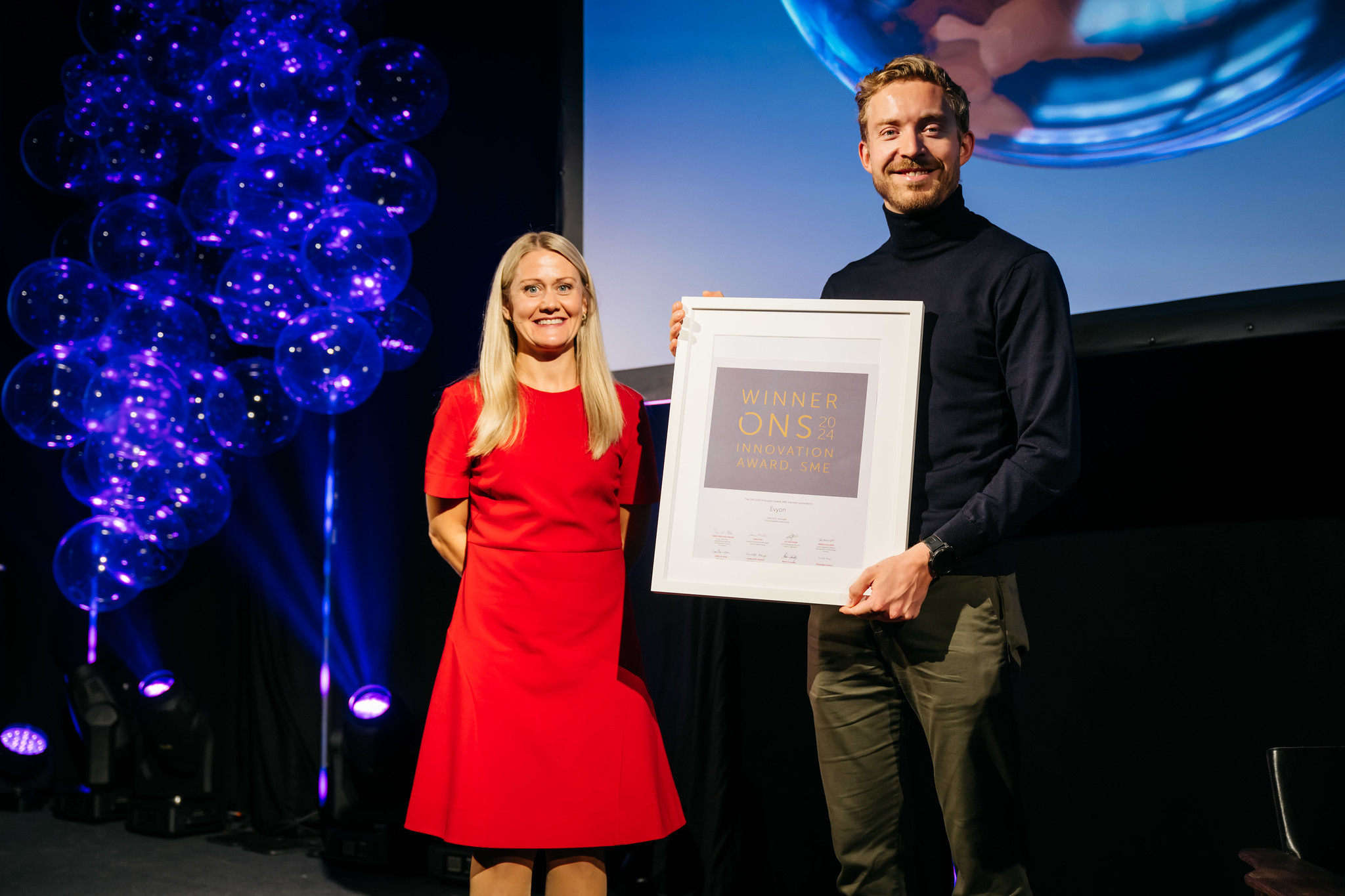The Energy Agenda
Energy Transition - the Power of Science Communication
In a world where complex energy transitions are the key to our sustainable future, how do we communicate in an accessible way?
.png)
Get the full discussion by listening to the ONS Energy Talks podcast here. In the studio: Annika Bremvåg, Head of Communications at NTNU Energy, and Dr. Julius Wesche, researcher on sustainability and energy transitions, also from NTNU. NTNU is the Norwegian University of Science and Technology.
Why Science Communication Matters
«I feel that we as researchers have a responsibility to actually talk about our research with the community or with with society, because if we don't talk about our research, how is it going to have an impact? And obviously it's also taxpayer money that goes into our research which gives us another reason to make and make an effort,” says Dr. Julius Wesche.
In addition to his research, Wesche also runs a podcast dedicated to improving science communication, recognizing that researchers should be effective communicators to bridge the gap between science and society.
But the complexity is challenging them both.
«That's really the heart of why it is difficult to explain and to understand. For example, if you take the UN sustainability goals; you have affordable and clean energy on the one hand. And you might think it will go hand-in-hand with other sustainability goals.But then you have, for example, land on life and life in the ocean, which can be directly competing,” explains Bremvåg.
More than a technological challenge
Wesche underscores the multifaceted nature of the energy transition, explaining that it's not solely a technological challenge but also a social, technical, and political one. Multiple factors, such as policy, funding, demand, and knowledge creation, influence this complex transition.
«No single trajectory exists, and this makes it difficult to predict the outcome definitively,” says Wesche.
Annika Bremvåg accentuate the importance of going back to the Greeks, and using Aristotle's principles of ethos, pathos, and logos, which engage both reason and emotions in communication.She believes that presenting the full spectrum of information, acknowledging the complexity, and involving stakeholders in dialogues can help make these issues more accessible.
Engaging the Skeptics
Dealing with skeptics or individuals uninterested in scientific facts is a challenge. But instead of convincing everyone, Wesche believes it’s more valuable and productive to focus on those who are open to learning and engaging with the subject matter.
To academics it is also worth adding the paradox of how little incentives a researcher has to invest a lot of time into science communication or outreach.
“But I feel that that is slowly changing. So personally, if you were to ask me, I think it's a great opportunity. But again, not everyone has to really engage in science communication. If this is not for you, that's fine. But if you like to talk about your stuff and you want to share, it has impact,” Wesche adds.
Building Trust Through Honest Communication
Annika concludes by stressing the importance of building trust through transparent and honest communication. She advises organizations to avoid portraying a perfect image, as it can lead to mistrust. Instead, she suggests developing clear communication goals focused on trust-building.
Don’t miss out on the full conversation, listen here.

Apply for ONS Innovation Awards
post
.jpg)
Venezuela – a coup for the oil companies?
post


